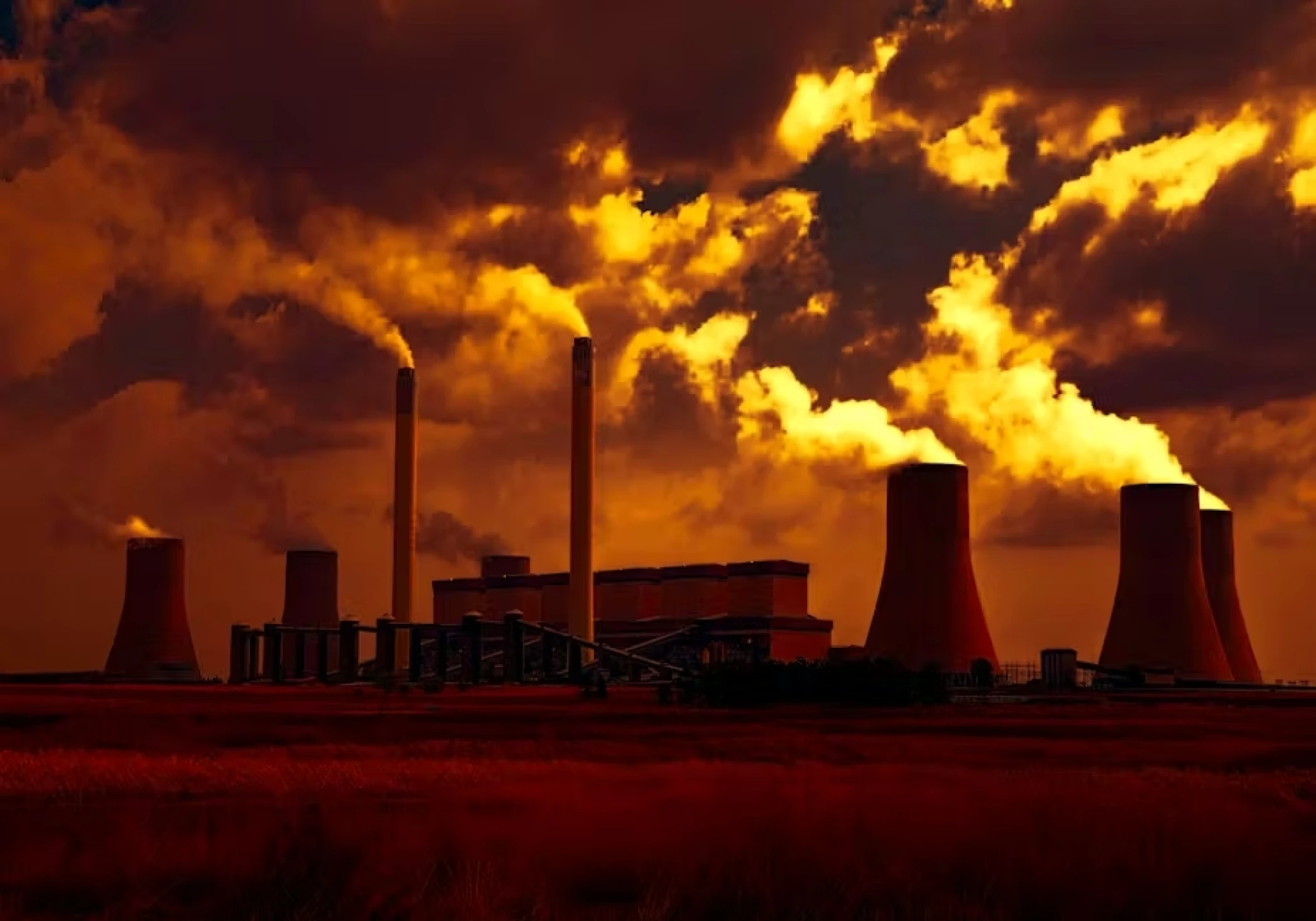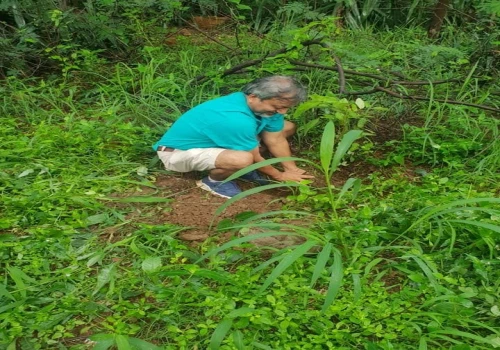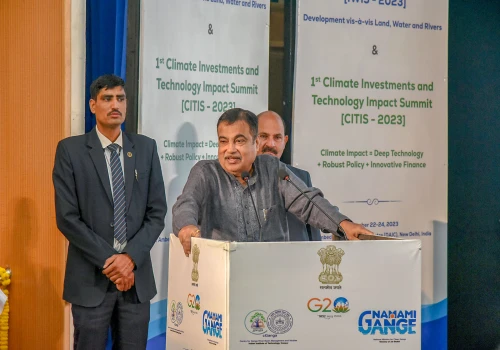
The fundamental cause of climate change lies in the greenhouse effect, a phenomenon characterized by certain atmospheric gases trapping heat that would otherwise escape from the Earth's surface into outer space. While the greenhouse effect is essential for sustaining life on our planet, as it prevents it from being cold and uninhabitable, it also contributes to the challenges associated with climate change.
A portion of climate change can be ascribed to natural occurrences. Throughout the Earth's history, events such as volcanic eruptions, variations in solar radiation, tectonic movements, and even slight alterations in our orbit have been observed to influence global warming and cooling trends.
There is a consensus among scientists that the predominant force behind the current global climate changes is human activity. This form of climate change, often termed anthropogenic, essentially means it is caused by human beings. The unrestrained combustion of fossil fuels over the last 150 years has significantly elevated the levels of atmospheric greenhouse gases, particularly carbon dioxide. Concurrently, deforestation and urban development have extensively damaged forests, wetlands, and other carbon sinks—essential natural resources that store carbon dioxide and impede its release into the atmosphere.
The Intergovernmental Panel on Climate Change (IPCC), a highly impactful organization, has released its conclusive 'Synthesis' report as part of the Sixth Assessment Cycle. Since 1990, when the IPCC initiated the dissemination of its comprehensive collection of global scientific research connecting greenhouse gas emissions with alterations in weather and climate, the evidence supporting the notion that human activities are pushing the world towards irreversible catastrophes has consistently intensified. The successive assessment cycles conducted by the IPCC have played a pivotal role in reinforcing this understanding.
There is also a factor of climate injustice that must be addressed. The nations that contributed most to the problem are often those that experience more limited and manageable consequences while those who contributed the least are often the most affected, vulnerable, and unprepared. With climate change, the risk of conflicts, disasters, and internal displacement increases so exacerbating existing inequalities and poverty. This presents a moral conundrum of the highest order.





